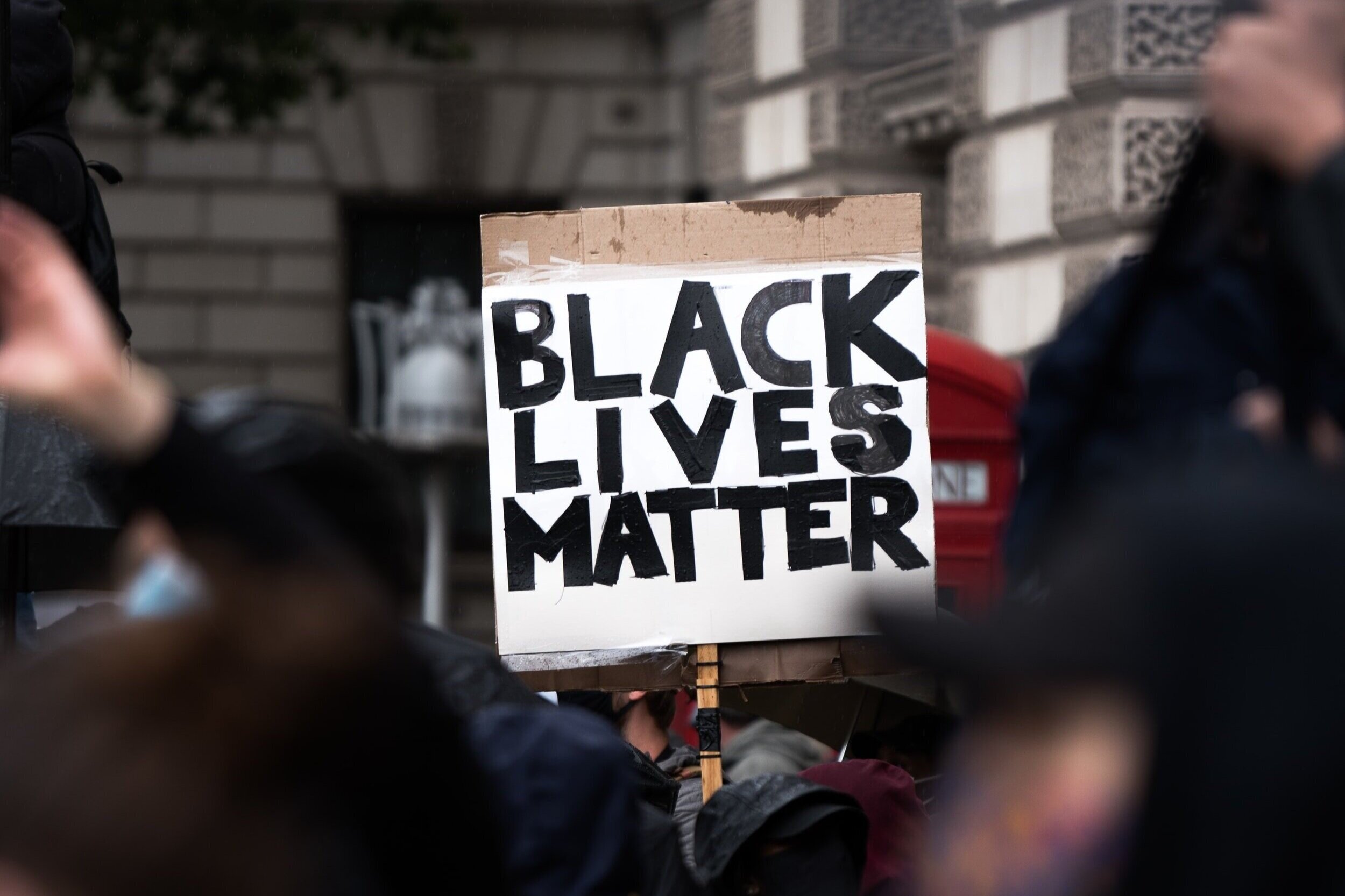Our Mission: Building Equity into the
Employment Ecosystem
One Connection at a Time.
Our Origin
This organization was born out of a group of residents, employers, and community stakeholders thinking deeply about how to address the digital divide and improve economic stability in West Michigan. They identified a primary barrier for those trying to improve their lives was the “all the run-around.” The current network of programs and organizations is well-meaning but slow and often presents unintentional roadblocks. People miss opportunities and give up on needed resources because it is just too slow and painful. So, this group dreamed of a simpler way to navigate to a better life. Using artificial intelligence to create a bridge for people to cross the digital divide.
Euzen [uzen]
A Greek expression coined by Aristoteles meaning “the path to the good life and that the good life is to fulfill your true nature.”
Our Values
Digital Inclusion: Access and connection to the devices and the internet is an essential need.
High-Touch: Honor people’s individual journeys
High-Tech: Use the power of technology to simplify.
Community: It takes a village, amplify the good work of partners while playing our part.
Impact: Outcomes matter, not outputs.
We believe our efforts will ultimately contribute to the following community impact:
Reduce the unemployment rate in general and the discrepancy between gender and ethnic groups within West Michigan, especially within the neighborhoods of focus.
Increase average income of all Grand Rapids citizens, and especially those that have been historically marginalized.
Reduce employers vacancies with quality local talent that is ready to work.
Improve diversity representation in the workforce.
Increase utilization and funding at the most effective local service providers.
These Facts Compel Us to Act
35% Live in Poverty
35% of people in Michigan are poor or low-income—a total of 3.5 million residents. This includes: 48% of children (1 million), 41% of women (2 million), 62% of Black people (841,000), 59% of Latinx people (298,000), and 34% of White people (2.5 million).
Heart of West Michigan received an average of 160 daily requests for help managing basic human needs to their 2-1-1 help line for the first six months of 2020.
Health Insecure:
526,000 people in Michigan are uninsured as of 2018.
Food & Water Insecure:
26% of census tracts in Michigan are at-risk for being unable to afford water.
1.5 million Michiganders benefit from the Supplemental Nutrition Assistance Program (SNAP) monthly as of 2016.
Housing insecure:
Over 8,000 people in Michigan are homeless as of 2018.
Systemic Racism is Real
Median income for Grand Rapids:
Black residents earn 48% less than white residents
Hispanic residents earn is 36% less than white residents.
Unemployment (UE) rate in Grand Rapids:
Black citizen UE rate is 3.5X their white neighbors
Hispanic citizen UE rate is 2.5X that of white citizens
The poverty rate in Grand Rapids is more than double for black and hispanic residents.
Black residents of Michigan are incarcerated at almost 7 times the rate of White residents.
Over 13,000 people were deported from Michigan between 2003 and 2018, and over 6,000 immigration removal cases are currently pending.
Meanwhile, 100,000 Michigan residents are undocumented, and 2% of K-12 students have undocumented parents.
West Michigan is on the native lands of the Peoria and Odawa tribes. Native & Indigenous people are living with the ongoing legacy of genocide & systemic racism, with disproportionately high rates of poverty, homelessness, & overrepresentation in the US military, and continuous struggles to defend sovereignty & land rights.
Nearly Half of Us Make Below a Living Wage
46% of MI’s workforce as of 2018 make under $15 an hour, 1.9 million as of 2018 — the 22nd highest of all states.
Working at the 2018 state minimum wage, it takes 73 hours of work per week to afford a 2-bedroom apartment.
The minimum wage in Michigan is $9.45 in 2019.
81% of the living wage for a single adult-household in Kent County
37% of the living wage for a family of four in 2019 ($24.95/hr).
For every $1 per hour that average wages rise among workers in the bottom 60% of U.S. earners, spending on government assistance programs falls by roughly $5.2 billion.
From 1979 to 2012, income for the top 1% grew by 115%, while income for the bottom 99% actually fell 17%.





